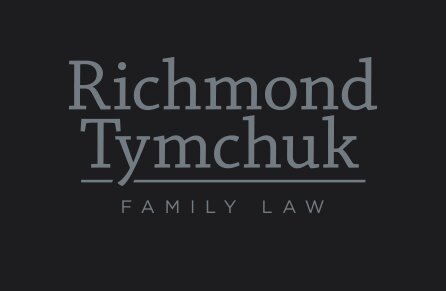Planning for the future can be challenging as no one knows what the future holds. In order to ease some of your worries, you might want to consider arranging an Enduring Power of Attorney to give someone you trust the authority to make financial decisions on your behalf. This post discusses how an Enduring Power of Attorney works and what you need to consider in arranging one.
What is an enduring power of attorney?
The Government of Alberta provides the following definition: “An enduring power of attorney is a legal document that you make to give another person the authority to make financial decisions on your behalf.” The limits and effects of an enduring power of Attorney is governed by the Powers of Attorney Act in Alberta. There is no prescribed template for this document, but it will usually be prepared by a lawyer who will also give you legal advice and guidance about this process.
When and why should you appoint an enduring power of attorney?
Here are some situations our clients have been in when they’ve needed an enduring power of attorney:- Being away for work for long periods of time and needing someone at home to take care of their finances.
- Appointing someone to settle a specific financial transaction, like selling a house.
- When you’re affected by poor health and anticipate that you might lose capacity to make decisions in the future.
The Government of Alberta recommends that every Albertan who is at least 18 years old should have an Enduring Power of Attorney in place.
Who can choose an enduring power of attorney?
To be able to make this decision about your future, you need to be at least 18 years old and capable of understanding the nature and effect of the enduring power of attorney.
What are the attorney’s powers?
Unless the enduring power of attorney says otherwise, the attorney has the power to do anything on behalf of the donor that the donor has the legal authority to do. This might include things like: sign legal documents, carry out financial transactions, and sell property. The Attorney can also arrange for the care, education and maintenance of the Donor’s children, spouse, adult interdependent partner, or dependent child.
What’s the difference between a general power of attorney and enduring power of attorney?
A general power of attorney is a legal document appointing someone to take care of their legal affairs. However, if that person loses capacity, the power of attorney will no longer have any legal effect or power. An enduring power of attorney ensures that the document remains valid, even where the person loses capacity.
Can a POA do anything? What are the limits of Power of Attorney?
Appointing a Power of Attorney comes with a few limitations. A POA cannot:- Change a Donor’s will
- Break their oath to act in the Donor’s best financial interest
- Make decisions on behalf of the Donor after their death
- Change to transfer POA to someone else
Who should I appoint and what powers do I give them?
Choosing an Enduring Power of Attorney is a decision that requires careful consideration. Most people choose a spouse, relative or close friend but you can choose anyone you want. The key is to choose someone you trust completely and who can represent your wishes the best. You must feel comfortable discussing your health, finances and other personal information with them. When choosing a family member, consider the potential pressure they may face from other members of your family. You will want to choose someone who can best represent your wishes, even under pressure from others. While there are many factors to consider when choosing an POA, some characteristics to look for include:- Someone who lives nearby and is able to be physically present when you are not.
- Someone who is trustworthy and is likely to follow through with their responsibilities in this role.
- Someone who can be assertive and firm, especially when emotions are high and they’re being challenged directly.
- Someone who understands the medical process – especially if you are facing health problems or medical procedures and this person will be charged with making healthcare decisions on your behalf.


